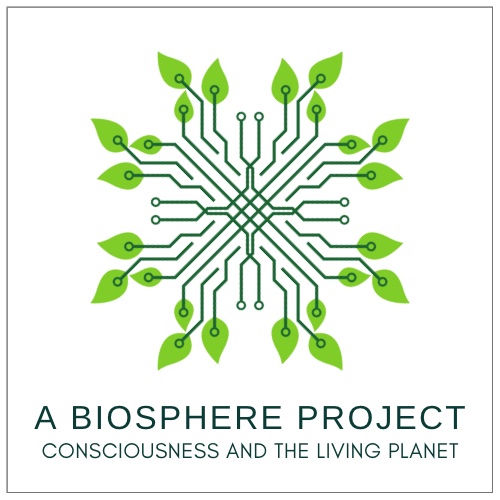What if Less is More? - Musings and Meditations
- filipvk
- Jan 12, 2024
- 3 min read
Updated: May 29, 2025
I am writing a blog post about the COP conferences, and mostly about what is wrong with them. I won't elaborate on that in this musing, but only touch on this aspect: one of the basic assumptions at all COP conferences is that the world's energy consumption must be allowed to continue to increase, basically ad infinitum.
But for those who take a hard look at all the data, science and irrefutable realities regarding global energy consumption and the disruption of biosphere and climate without blinders or denial, there is ultimately only one conclusion possible: we are going to have to consume much less of everything in the future: less energy, less raw materials, less land, and so on. In a material sense, life in the rich industrialized countries is going to have to look very different within a few decades if we want to keep any chance of saving our environment and ourselves from a catastrophic collapse of ecosystems, biodiversity and climate.
This message is not popular, to say the least.
Usually we see ‘less’ as a loss, leading to a ‘lower quality of life’ as ‘impoverishment’ or ‘sacrifice’. But is that so?
Can't we see that less can ultimately be much more?
More quality of life, more well-being, more justice and happiness, more time and space for those things life should be about, more peace and freedom, more democracy and more autonomy and self-determination for every human being on this planet? More clean air, healthier food, the return of plenty of life in our rivers and oceans, new forests and natural areas in which the living fabric of our planet will have a chance to recover? More community, more beneficent interdependence and a civilization worthy of that name?
What if less is actually much more?
That is also the title of an extraordinary book by economic anthropologist Jason Hickel, one of the authors and thinker who put the concept of ‘degrowth’ on the map.
That book is called ‘Less is More’, and it is a masterpiece that I wam-heartily recommend and that as far as I am concerned should be required reading for every inhabitant of the planet, or at least every resident of the rich industrialized nations. It was also one of the books in the pile of books on the stairs in last week's post, because it's a book I often reach back for to reread or check something. But more on that another time.
In the short video of this week's post philosopher, author, activist and climate thinker Charles Eisenstein offers some musings and meditations on the idea of ‘making do with less’. But Eisenstein also suggests that we can shift the emphasis to what we will be gaining in the transitions to come. What if many of the things we now consider valuable or even indispensable are things we can not only do without but without which we might actually become much happier?
Charles Eisenstein is a radical thinker and author, a synthesis-maker, one of those thinkers who help build a new worldview and narrative that can provide a framework for the transition to a different kind of world. He is author of ‘Climate, A New Story’, ‘The Ascent of Humanity’, ‘Sacred Economics’ and ‘The More Beautiful World Our Hearts Know is Possible’. All of these books were also in the pile on the stairs in last week's post, and all of these books will come up regularly in this blog. One of these books, 'The More Beautiful World...', I already discussed in one of the first blog posts on this site, you can find that post here.
These books are very much recommended reading!
On the website https://charleseisenstein.org you can find videos, essays, courses, podcasts, books and more.
You'll also find more about the ‘Sanity Project’, a course/ community/ awareness project/ experiment in connecting communication that aims to help generate new connecting points of view for a world that often seems to have become ‘insane’.
Charles Eisenstein will also feature more often in my project, as I believe he is one of the most important thinkers of the moment when it comes to a new approach to the convergence of crises we are going through, a new approach that is so much needed since, in Albert Einstein's famous dictum, "no problem can be solved from the level of consciousness that created that problem."
Thanks for reading and watching/listening,
Until the next episode,
All the best to you,
Filip












